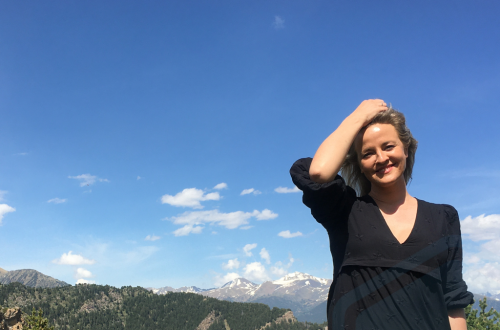What are you good at?
Not something most of us find easy to answer. I used to think it was West of Scotland conditioning. Don’t brag! Don’t be vain! Be modest! Keep your head down! But lately, I’ve come to realise that it’s not just us Scots who find it difficult to own what we’re good at. It’s something that many of my clients both in the UK and beyond struggle with.
From a young age, unless we are a prodigy, we are conditioned to focus on the things we are less good at than those where we excel.
Not doing well in maths? Better study harder or get a tutor.
Where did you lose marks in those exams? Not well done on working so hard to get that mark.
Struggling with a particular part of your job role? How can we support you to be better at that?
We can’t all be good at everything and not everything will come easily to us, but even in adult life, we can hear that anything worth doing is hard work. (To be clear, I am not averse to working hard but I can’t abide things that just feel like hard work. There’s a difference!)
When we are playing to our strengths, we are in flow, we’re in our ‘Zone of Genius’, and everything feels easier. When we are playing to our strengths, nothing feels quite so much like hard work.
So why do we spend so much time not playing to our strengths? Doing things that come less naturally and perhaps dreading those parts of our lives whether at work or at home?
In reality, we all may have to do tasks that come less easily at some time or another, but how much do we do because we feel we have to do everything or don’t want to ask others for help? And how much because we can’t say no?
As a leadership and performance coach, I work with many of my clients on identifying their strengths and helping them find a way to play to those strengths and feel more aligned with the work they are doing. We use tools and questioning to identify the strengths and how they can use them to their best advantage.
I can often help identify the strengths a client has by watching their energy as they talk about doing different things. A dip in their energy usually comes as they describe a task that saps their energy or feels like pushing water uphill. Whereas a lightness comes as they describe doing things that energise them and give them a lot of joy.
And then we work on strategies to start working in a way that is aligned with those strengths, which could be changing working patterns or practices, delegating tasks more efficiently, finding the confidence to ask for what we want and to say no to the things we don’t want.
If you’d like to explore your strengths and how you can work and live in a way that’s more aligned to those strengths, book a discovery call here to find out how my coaching can help you.


